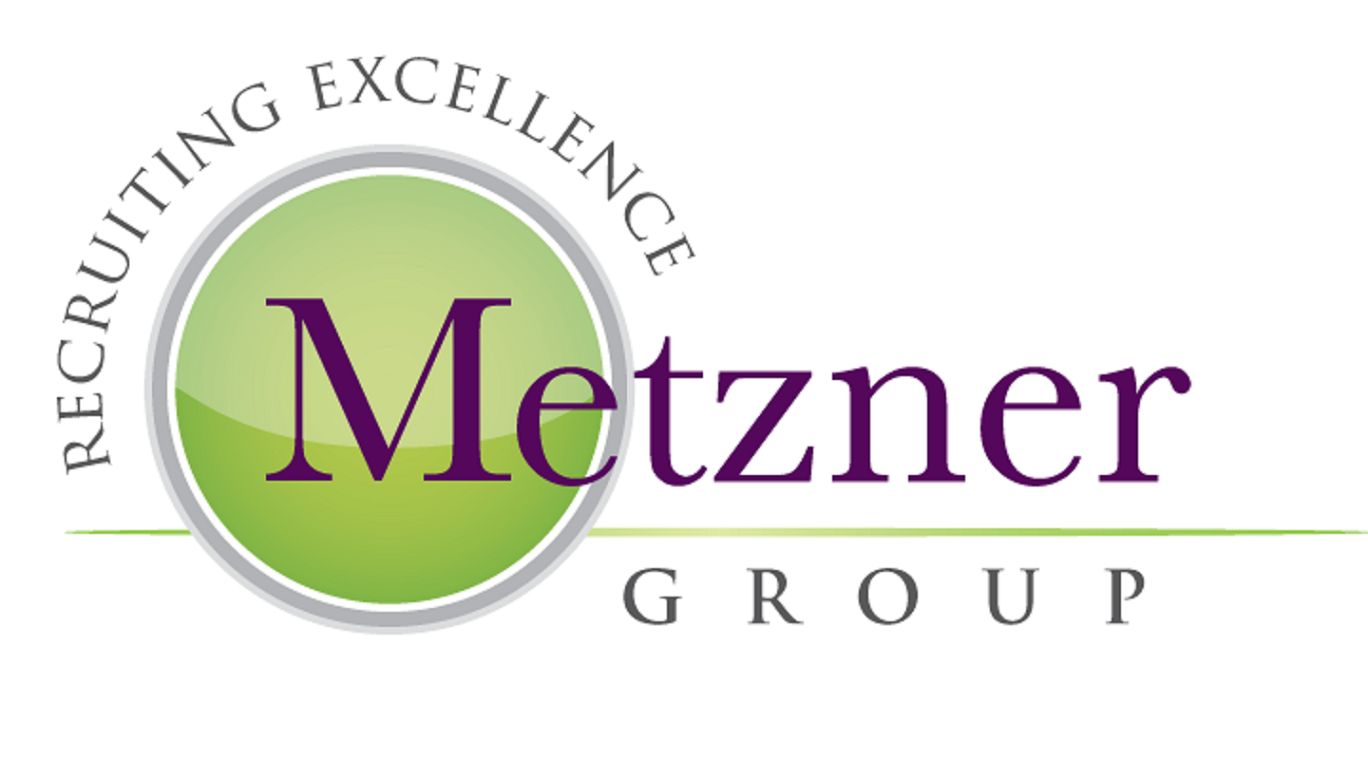The Civil Engineering Boss Who “Knows It All”
There is an old saying, “Those who think they know everything, annoy those of us who really do!”
We work for them, next to them or with them. The civil engineer who “knows it all.” Just ask him and he will tell you. And he will tell you with the utmost confidence that what he is saying is as correct as the sky is blue. As an executive recruiter, one who speaks with civil engineers and architects ALL day, I often hear “My supervisor (could be the CEO to a Project Engineer) thinks they have all the answers and that their solutions are the ONLY correct solutions.” It is known as “follow their way or take the highway ,” so to speak.
Many “know it all” personalities are really folks manifesting their insecurities through stubbornness. What are some solutions to dealing with this on a daily basis?
- Go out of your way to make the supervisor know you have his back
- Find ways to personally connect with him to build bridges of trust
If the supervisor thinks you have their best interests at heart and trusts you, then that person will be more likely to consider your opinion. Look for ways to help him become more successful in his position (perhaps sending topical technical articles). But be forewarned, if you can’t do this sincerely, then don’t do it at all.
- Consider his solution. Could it be the best?
- Suggest well thought out alternative solutions
- Ask for feedback on any flaws in your suggested plan so you can learn
- Try to be open-minded to his reasons for pushing his solution and ask questions
- Check with colleagues to see if they are having similar issues
- If your Human Resources Department has a feedback mechanism for confidential information, let them know of the situation
- Leave. Start looking for another job.
By all means, do not be confrontational in your approach with your supervisor. The “know it all” will shut you down and possibly roadblock your career. Unfortunately, many “know it all” types end up running, and often ruining, civil engineering companies.
What experiences have you had AND what happened to the “know it all” that you knew? How did you deal with the situation?
The Metzner Group Blog




